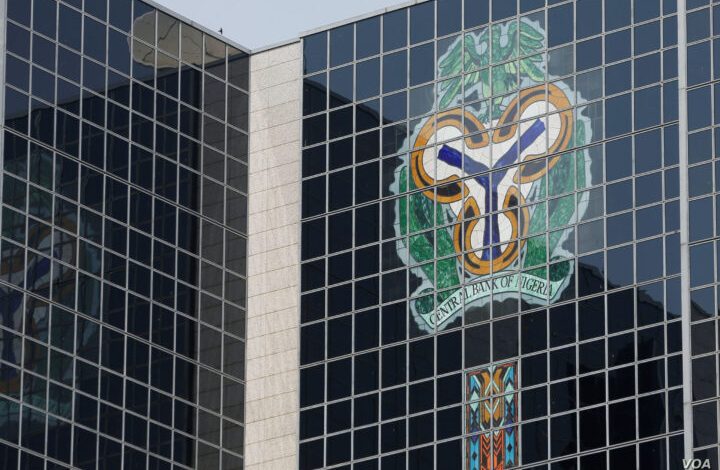
Nigeria’s foreign exchange reserves have experienced a significant decline of $1.8 billion over the past 10 weeks, according to data from the Central Bank of Nigeria (CBN). As of May 29, 2024, the country’s FX reserves stood at $32.69 billion, down from $34.44 billion on March 18. This marks a substantial decrease from the $36.1 billion recorded in May 2023.
The reserves have been steadily falling over recent months, with a total decrease of $3.4 billion since February 2024. Experts attribute this decline to several factors, including debt repayments, a sharp drop in oil exports, reduced foreign investment, and increased imports.
Debt repayment data from the CBN shows that as of January 2024, $560 million was paid. This amount decreased to $283.29 million in February and further to $276.16 million in March. Experts suggest that the CBN has been servicing foreign debts using the external reserves.
In May, the naira weakened despite a surge in dollar supply totaling $4.60 billion in the official foreign exchange market. By the end of the month, the naira had depreciated by 5.60 percent, with the dollar quoted at N1,485.99, down from N1,402.67 at the beginning of May, according to data from the FMDQ Securities Exchange Limited. The foreign exchange market closed May with the dollar selling for N1,470, weaker than the N1,380 quoted at the start of the month.
The currency’s performance reflects a significant struggle to maintain its value amidst fluctuating forex turnover and changing investor sentiment. CBN Governor Olayemi Cardoso explained the decline in reserves, stating, “What we have seen concerning the shift in our reserves is the shift that you would find in any country where debts are due and certain payments need to be made. These are done to maintain credibility. In the next few days, there will be an improvement.”
Nigeria’s economy heavily relies on oil exports, which account for over 90 percent of its foreign exchange earnings. Financial experts noted that the decline in FX reserves has led to the weakening of the naira, which has lost over 100 percent of its value against the dollar since the beginning of 2024, making it one of the worst-performing currencies in Africa.
“The CBN has been intervening in the foreign exchange market to stabilize the naira and boost investor confidence. However, the decline in FX reserves raises concerns about the country’s ability to meet its foreign debt obligations and finance its imports.”
Nigeria’s FX reserves are a crucial indicator of the country’s economic health, and the decline has sparked concerns among economic experts. The government faces pressure to diversify the economy and reduce its reliance on oil exports.
“The decline in FX reserves clearly indicates that Nigeria’s economic challenges are far from over,” one expert commented. He urged the government to take urgent steps to address the decline in oil exports, boost foreign investment, and diversify the economy to prevent further decline in the country’s FX reserves.
Meanwhile, the naira began trading on a positive note at the official market on Monday, appreciating to N1,476 per dollar, a 0.61 percent increase from N1,485.99 recorded on Friday. The daily market summary from the FMDQ showed an intraday high of N1,500 per dollar, down from N1,550 on Friday, while the intraday low closed weaker at N1,250/$1 from N1,174.88/$1 quoted at NAFEM on Friday. The dollar supply by willing buyers and sellers was $121.87 million.
